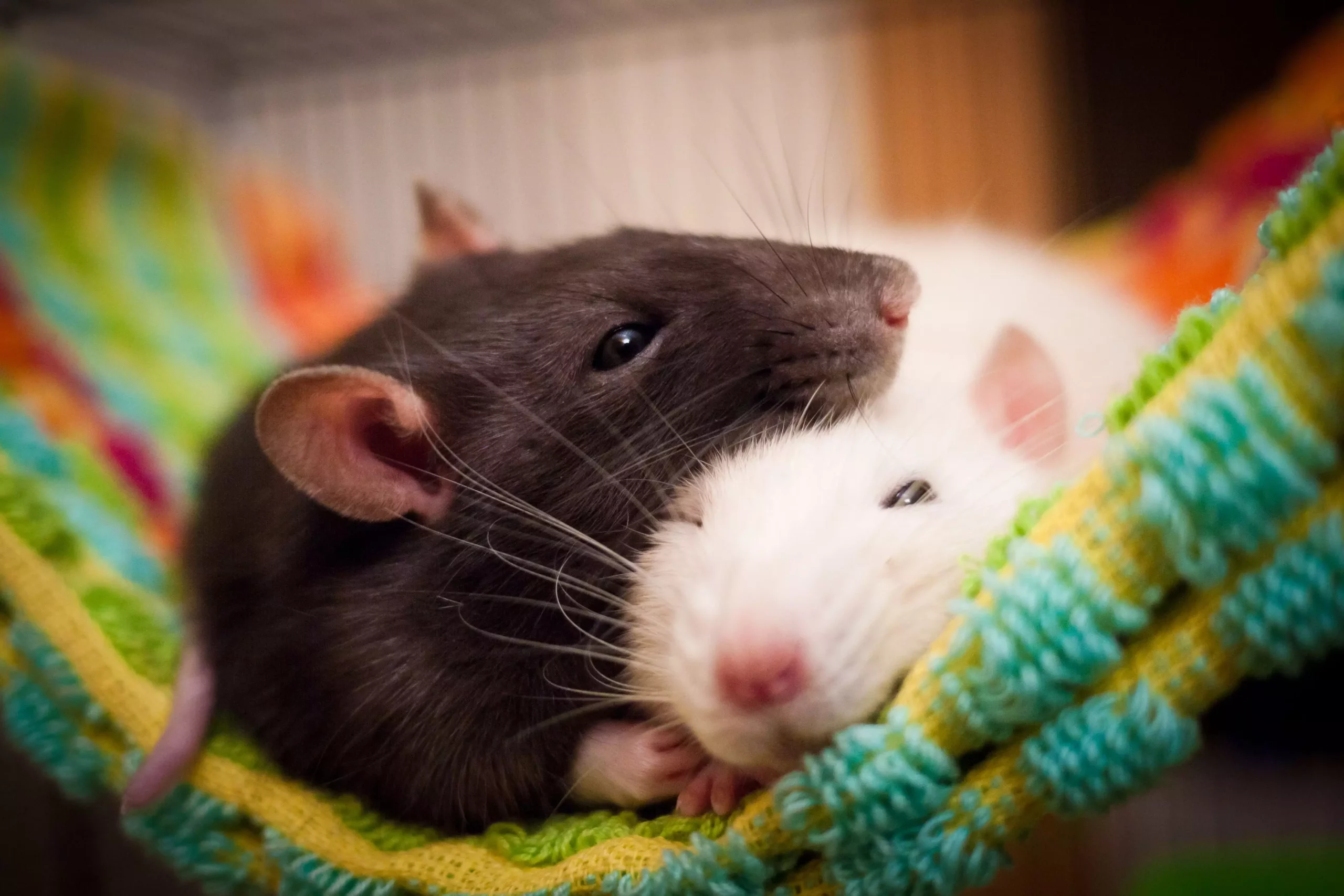When we think of rats, the immediate association often leans towards them being pests, foraging through garbage and spreading disease. However, pet rats—particularly domesticated varieties like the Norway rat (Rattus norvegicus)—offer a different narrative. These furry companions are far more than the stereotypical vermin; they are intelligent, social creatures that thrive on interaction and companionship. For those considering pet ownership, understanding the true nature of these remarkable animals is essential for success.
One of the primary reasons that rats make suitable pets is their intelligence. Contrary to popular belief, rats can learn tricks, recognize their names, and even perform specific tasks. They are quick to adapt to their environment and can bond deeply with their owners, creating a unique companionship that can rival more traditional pets, such as dogs and cats. For many, their lively antics and curious nature become a source of joy, leaving an indelible mark on their owners’ hearts.
Pet rats require more than just the occasional pat on the head. Although they are relatively low-maintenance compared to other pets, they still demand time and dedication. A well-rounded pet rat requires at least an hour of exercise outside their cages each day. This time spent interacting not only keeps them physically fit but also mentally stimulated, fostering a stronger bond between the rat and their owner.
Social creatures by nature, rats thrive in pairs or groups. They are happiest when they can interact with their companions—both human and fellow rats. Allowing them to socialize goes beyond providing companionship to include stimulating their minds and fulfilling their natural instincts. Whether lounging together on a perch or playfully nibbling at a toy, their social interactions are invaluable to their well-being.
Providing the right environment is a fundamental aspect of rat ownership. A spacious, multi-level cage is recommended, with dimensions ideally measuring at least 2 feet by 2 feet by 2 feet for a pair of rats. The enclosure must contain a solid base with an appropriate substrate—such as aspen bedding—to ensure comfort and hygiene. Additionally, a clean water source and food dish, combined with plenty of toys and hiding places, contribute to a thriving habitat.
Taking care of their habitat involves regular cleaning and maintenance to prevent odors and ensure health. Rats are prone to various diseases, making a clean environment critical for their well-being. Owners should be vigilant in keeping their enclosure sanitary, as clutter and waste can lead to various health problems.
Understanding the lifespan of pet rats, which ranges typically from 18 to 36 months, helps owners prepare for their care and companionship. Although this may seem short in comparison to other pets, the quality of life during this time is what matters most. Regular check-ups at a vet, particularly one knowledgeable about small animals, can ensure they live healthy lives and any potential issues are addressed swiftly.
Selecting healthy rats is imperative. When acquiring a new pet, owners should look for characteristics that indicate a rat’s overall health. Observations should include checking for alertness, cleanliness, well-groomed fur, and the absence of discharge from the nose or eyes. Rats can suffer from various ailments, including respiratory diseases and dental issues, so staying informed about their health will provide the best possible care.
When searching for a new furry friend, prospective owners have several options, including pet stores, breeders, and rescue organizations. It is important to select a source that prioritizes the well-being of the animals. Responsible breeders often provide well-socialized young rats, ensuring that they are ready for a loving home. Meanwhile, adopting from shelters or rescue groups gives a deserving animal a second chance at a happy life.
Regardless of where they are obtained, evaluating their temperament is crucial. Individuals should avoid aggressive rats, as these behaviors can be difficult to nurture positively. Those that exhibit curiosity and friendliness should be prioritized, which often ensures a mutually fulfilling relationship.
Pet rats can provide loving companionship and joy to their owners. They are not the mere pests we often envision but rather well-formed, lively creatures that require appropriate care and attention. From social interaction and a proper living environment to vigilance regarding health, the commitment of caring for rats can lead to rewarding experiences filled with delightful surprises. For those seeking a pet that combines intelligence, fun, and companionship, pet rats could very well be the ideal choice.

